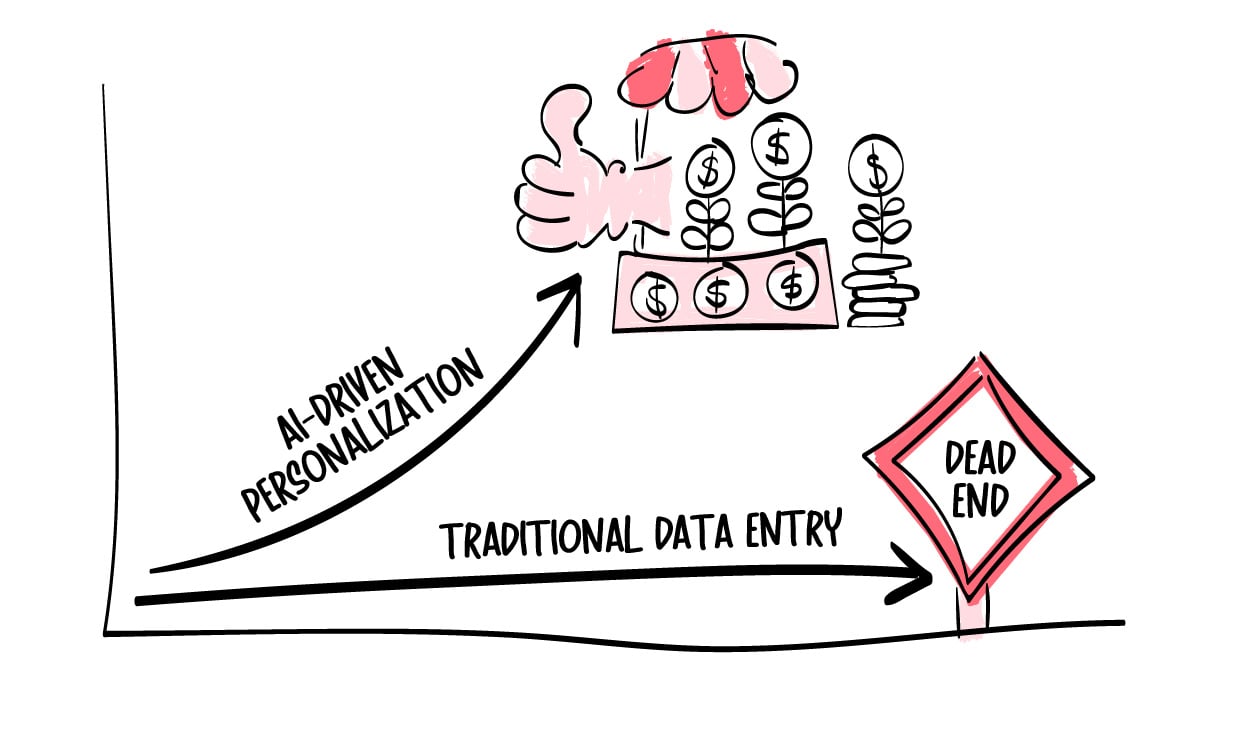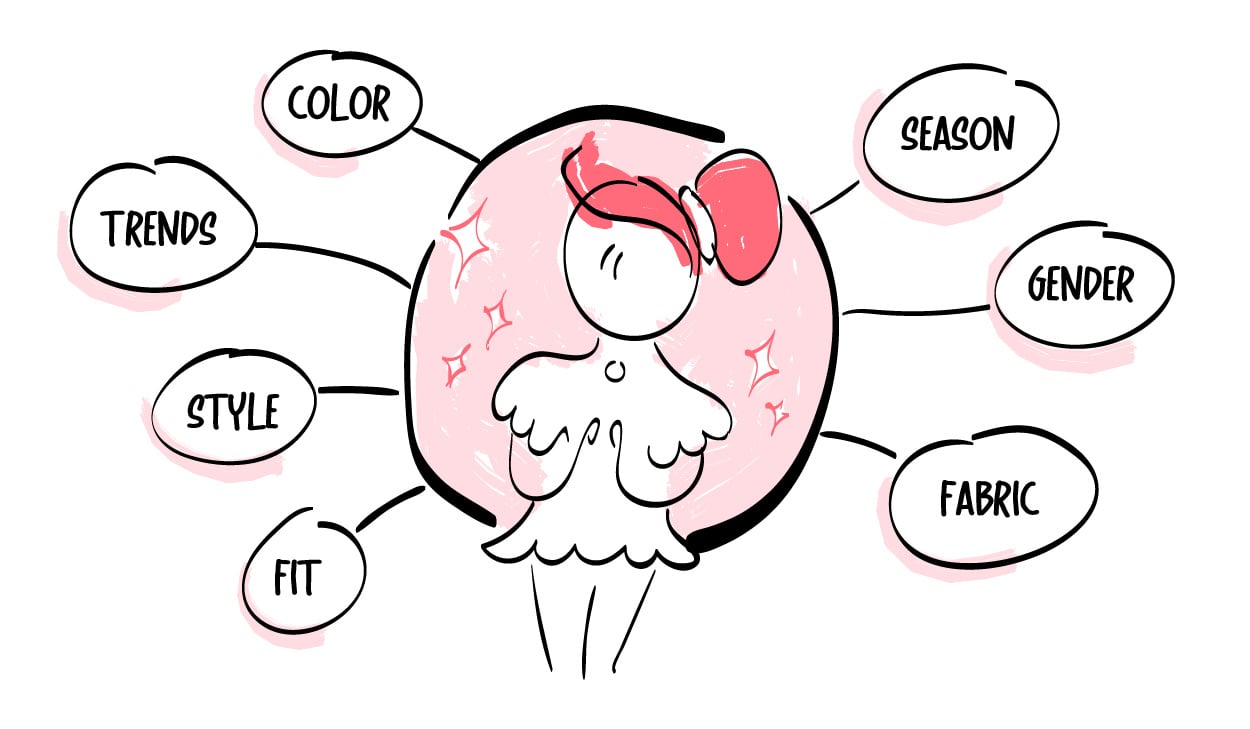
A weekly newsletter exploring the intersection of creative operations, technology, and online retail.
#002: Why AI-Driven Product Attribution Is the Future of Retail
Last week, a conversation with my co-founder, Tejs, and a major retail partner completely reframed how I think about product attribution.
Product attribution—assigning detailed attributes to products for searchability and personalization—might seem like a routine, back-end task.
But in today’s retail landscape, as AI technology advances, it’s evolving into a strategic necessity.
It’s about more than speeding up the process. Instead, it’s about transforming how retailers connect with customers.
The Strategic Power of Product Attribution
Tejs and I were recently in talks with a retailer about them potentially becoming a Creative Force customer.
As we approached the contract signing stage, they requested that we include our AI-powered product attribution feature.
Why the sudden urgency? They recognized that automating and enriching their product data was vital to their long-term strategy.
It wasn’t just about efficiency; they viewed it as an initiative to future-proof their business.
Other large retailers are seeing the same potential.
We spoke to one major industry player with billions in annual revenue, who expressed frustration over the delays caused by manual product attribution.
These delays slowed their ability to launch new products, potentially costing them millions in lost revenue.
For this retailer, it wasn’t just about improving efficiency; it was about speeding up time to market and maximizing revenue opportunities.
Why Is Product Attribution Overlooked?
Product attribution has historically been seen as data entry rather than a strategic asset.
However, without accurate and detailed product data, retailers can’t keep up in an environment increasingly driven by AI and personalization (I’ll dive deeper into this topic in a future newsletter, so stay tuned).

Consider a well-known global fashion retailer. Despite having extensive customer data, they often need help to match it effectively with their product offerings.
Imagine if they could leverage AI to seamlessly integrate detailed product attributes with customer purchase history, preferences, and fit requirements.
This would transform product discovery into a highly personalized and effortless shopping experience, boosting conversion rates and enhancing customer loyalty.
Shoppers would feel understood and valued, creating a stronger connection with the brand and return for future purchases with renewed loyalty.
Unlocking AI’s Potential: Personalization at Scale
One of the most exciting benefits of AI-driven product attribution is its ability to enhance personalization significantly.
Rather than simply basing recommendations on past purchases, what if your store could suggest products based on fabric, style trends, or seasonal relevance?

The potential customer we spoke with recognized this value. Instead of manually updating their website for each campaign, they envisioned using AI to:
- Dynamically update their website for special events like Halloween or Christmas, and
- Automatically pull relevant product attributes that align with each campaign’s theme.
Another large retailer we spoke to identified the potential for AI technology to reduce product time-to-market delays, enabling them to capitalize on trends more effectively and maximize revenue opportunities.
This approach goes beyond mere efficiency; it signifies a fundamental shift in how retail operations align with consumer demand and behavior.
The Future of Retail: Embrace the Shift
Product attribution is no longer just a back-end task — it’s evolving into the foundation of the next generation of retail strategy.
The potential benefits are vast, from enhancing search functionality to creating personalized shopping experiences and influencing inventory decisions.
And the best part? AI makes it all happen faster, with more precision, and with less manual effort.
However, there’s a catch: Retailers must adapt to this shift now. Waiting means falling behind as competitors who invest in AI-driven attribution gain a significant advantage.
It’s not about eliminating human input; it’s about augmenting it with deeper, richer data to unlock new opportunities and efficiencies.
So, how does your studio view product attribution? Are you ready to embrace it as a strategic tool, or is it just another task on the list?
I’d love to hear your thoughts. Hit reply, and let me know how you see this playing out in your business.
Take care,

|
Thomas Kragelund Follow me on LinkedIn. |
Get Content Insider In Your Inbox.
The weekly newsletter packed with actionable tips, industry trends, and insider insights from Creative Force CEO Thomas Kragelund. Stay ahead in creative production and online retail—subscribe now to gain the insights you need to drive growth and stay competitive.



